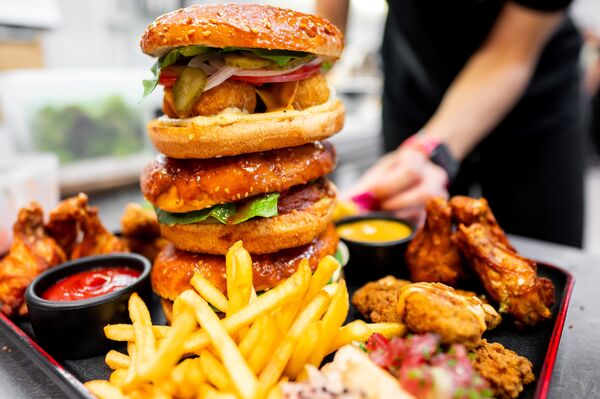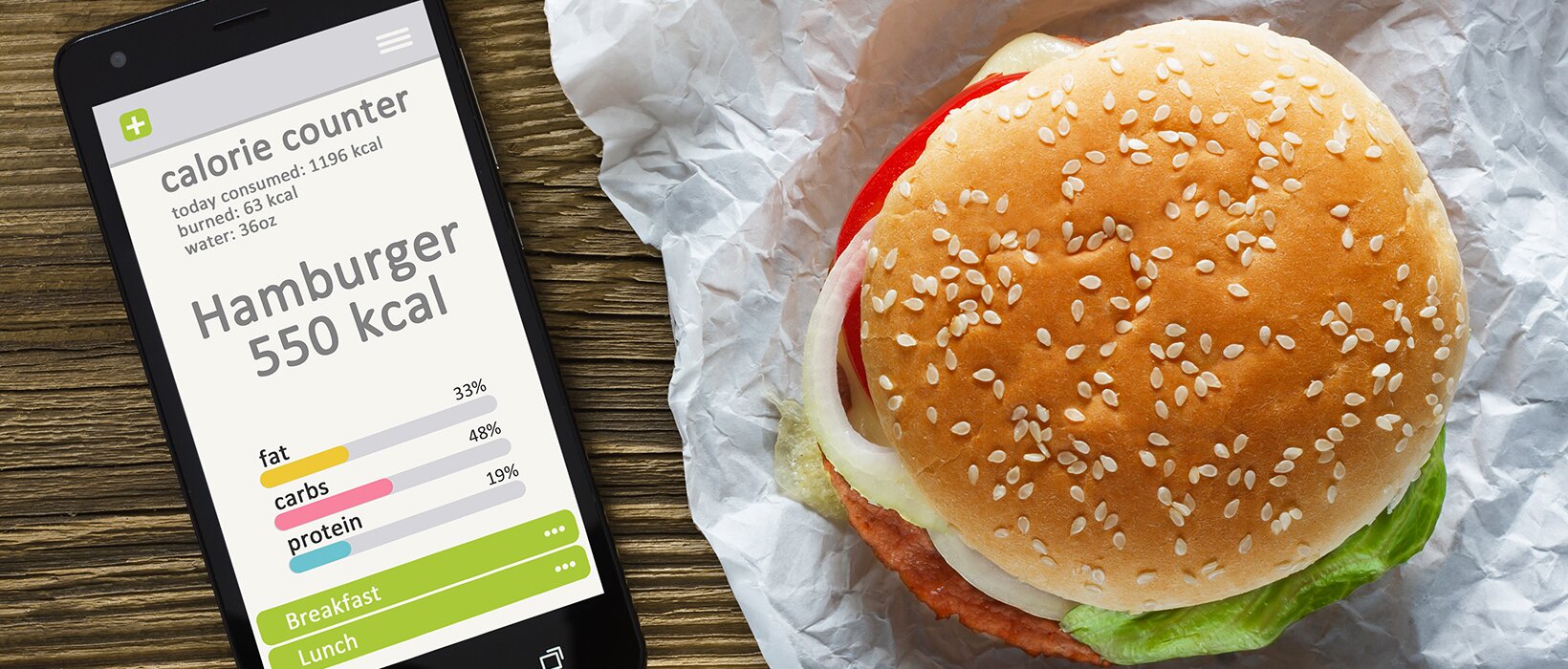Advertising ban and ‘healthiness’ reporting on the cards amid obesity crisis
The House of Lords Food, Diet and Obesity Committee stressed that large food businesses “must be held to account” for selling unhealthy food and drink.
Large food businesses may have to report on the “healthiness” of their food sales under new regulations recommended by the House of Lords in a bid to tackle obesity.
The House of Lords Food, Diet and Obesity Committee has urged the government to tackle the “public health emergency” arising from obesity and diet-related diseases, stressing that large food businesses in particular “must be held to account” for selling unhealthy food.
The report called for a mandatory scheme that would require food and drink companies with more than 250 employees to volunteer information on the healthiness of their food sales, overseen by the Food Standards Agency.
“The government should bring in targets to achieve healthier food sales and should review progress before the end of this Parliament and regularly thereafter, introducing penalties for non-compliance if progress is insufficient,” it added.
The committee stressed there should be greater parity between retail and hospitality when it comes to customers being given the ability to deduce whether or not a meal is ‘healthy’, as there is no “equivalent” for the traffic light scheme for the out-of-home sector.
Andrew Opie, director of food and sustainability at the British Retail Consortium, had previously said in a Food, Diet and Obesity Committee: “Why should a lasagne in a pub be any different to a lasagne that you buy in a supermarket, for example? At the moment, they are not comparable, and they should be.”
The report stated the advertising of unhealthy foods should also be banned “by the end of this Parliament” and no later than October 2026.
It added: “The government should ban the sponsorship of sports events by and celebrity endorsements of large food businesses that fail to reach mandatory health targets.”
There are also plans to closely monitor school food standards and provide support for schools that are struggling to source healthier menu items.
Meanwhile, the committee advised against “engagement with industry during the policy development process”, specifically stating: “The government should exclude food businesses that derive more than a proportion of sales (to be defined by the Food Standards Agency) from less healthy products from any discussions on the formation of policy on food, diet and obesity prevention.”
It did, however, say that it “may be appropriate” to discuss policy matters with industry regarding the practicalities of the new rules once they have been decided, which will be available in the form of a code of conduct “by the end of 2025”.
Kate Nicholls, chief executive of UKHospitality, said: “The committee’s recommendation to exclude, under certain circumstances, food businesses and the trade associations that represent them from discussions about food, diet and obesity policy is concerning.
“It would eliminate a key partner that is, ultimately, responsible for delivering the committee’s ambition to deliver a better food system.”
She added: “I’m pleased the government has already engaged with the hospitality sector about its future plans and I would urge it to continue this engagement, recognising the key partner we are to deliver its aims.”
It comes after it became a requirement in 2022 for out-of-home businesses with more than 250 employees to display calorie information on their menus.
Image: Shutterstock




















